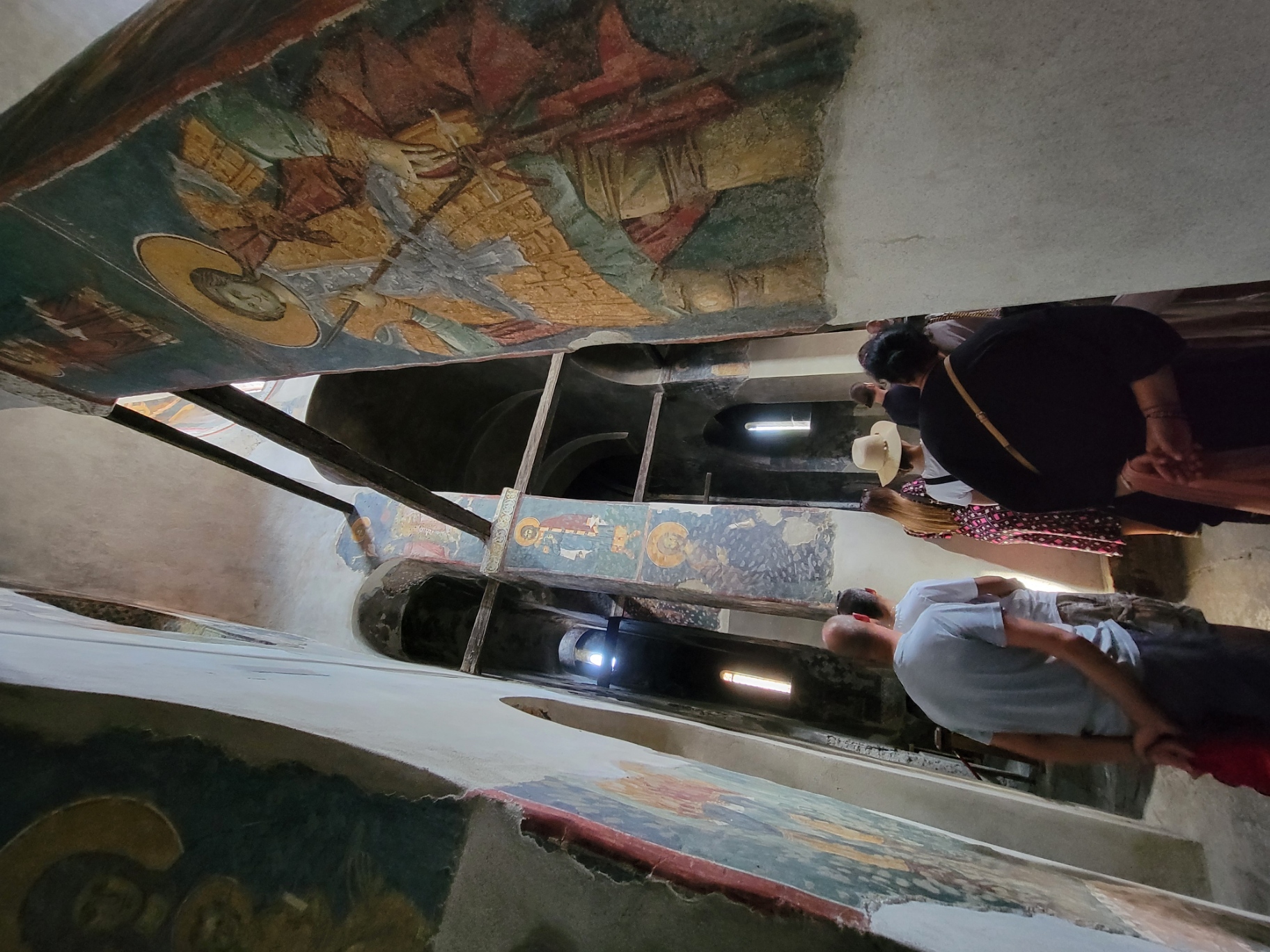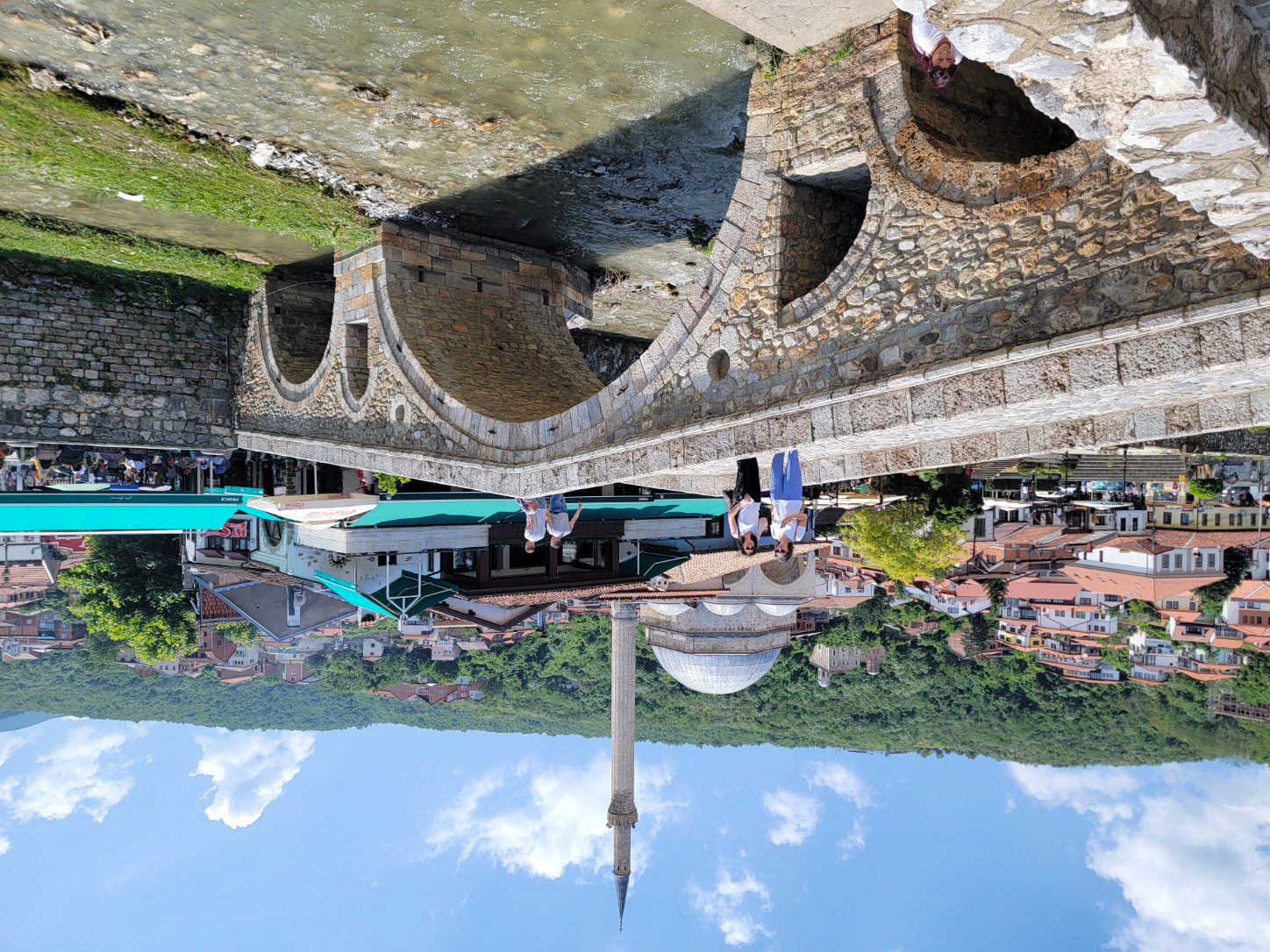06 - Family Life
One of the most peculiar things that struck me about Kosovo is the continued prevalence of family life, traditional dynamics, and family honor. Almost every aspect of the social order revolves around the family and raising children. At the same time, and especially in the country's more rural and predominately Serbian areas, family honor also plays a strong role.
Although Kosovo is dominated by a large younger demographic, the vast majority of people in their twenties still live with their parents and often don’t move out until they’re married. This has likely helped to develop at least two phenomena: strong family bonds and a thriving marriage culture.

The family is still of paramount importance in Kosovan life. Upon arriving in Pristina, one of the first things I noticed was the constant presence and sheer number of children everywhere. While parents sit and chat over coffee (no matter the hour of the day), their children run and play with one another all around the extended vicinity of the café. The parents, notably unlike American parents, seem completely comfortable with their kids being far beyond immediate reach; in fact, they make no concerted effort to strictly monitor the kids as they run around. Rather, parents appear to be totally comfortable and trusting of the environment around them, regardless of the number of cars or strangers in the immediate vicinity. Children are untouchable because everyone accepts that the family is what’s most important.
Seeing a culture where children are supported and expected by the community is refreshing in the face of an increasingly childless culture in the United States. Children are afforded the vast freedom they need to develop into functional adults. This emphasis on children and family life certainly contributes to the cohesive and satisfying level of sociability amongst the people. The thought of a helicopter parent or children on leashes would be totally foreign to the people of Pristina.
In much the same vein, marriage remains a strong and sacred ritual, complete with large family gatherings, commitments, and ceremonies. For instance, a newlywed couple, as part of the wedding ceremonies, will move out of their respective parents’ homes and into their new combined home as a couple. The entrance to the grounds will be marked by an arch of flowers that remains up all year until the couple’s first anniversary. Flower arches like these can be seen all over the city and dot the landscape in greater numbers as one travels further into the surrounding suburbs and countryside.
Further into the surrounding villages, and especially in Serbian communities, notions and traditions of family honor remain a strong social more, governing roles and behaviors across the whole of any village. At best, these traditions have helped these communities survive and retain a certain level of cohesion. At worst, however, these traditions have led to violent feuds and beatings inflicted upon those who have dared to cross a certain family in the wrong way. Speaking to some expats in the area, they told stories of non-Albanians or non-Serbians dating someone from an outer village. As their relationships would end for one reason or another, it's not uncommon for an expat to have to flee the country out of the real possibility that the scored person’s family will jump them, or worse, in retribution for not marrying their relative. The government is not blind to these kinds of issues and has been working to temper the strong traditions of family honor. For instance, the law of Kosovo specifically states that notions of family honor cannot be considered by the court for any matter whatsoever.
Despite the law, the court system remains shaky at best. The Constitutional Court of Kosovo has heard several cases in which the applicant claimed that the lower courts, often the Supreme Court of Kosovo in many cases, violated their right to a fair trial because the court in question failed to issue a “reasoned court opinion.” In fact, despite the Court remanding the case with instructions to issue a written opinion, the same case came back to the Constitutional Court because the Supreme Court refused to issue a written and reasoned opinion. Despite the system’s shortcomings, the courts are improving, and the people of Kosovo are slowly coming to find that justice can be reliably dispensed, given enough time and effort.
